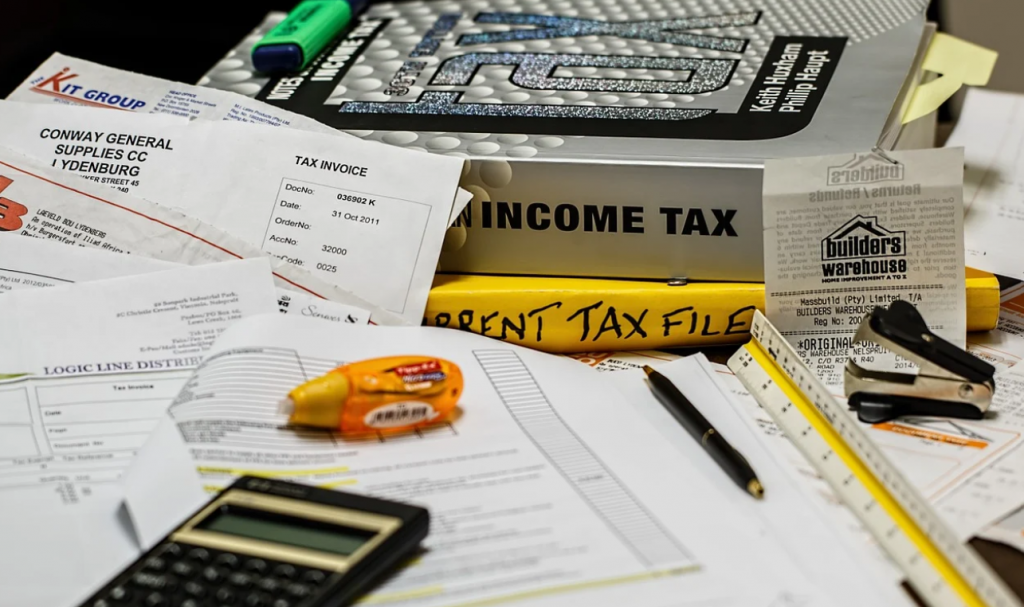Business owners are facing a deluge of financial and operational pressures at the moment. From inflation to supply chain disruption and labour shortages, finding a solid financial footing is immensely challenging right now. Added to this is the increased call in of debts following the removal of prohibitions on Winding Up Petitions for creditors, including HMRC.

In the last two years, HMRC reduced their pursuit of unpaid taxes from businesses. This was due in part to the Government’s business support measures through the pandemic, as well as the necessary shift in resources at HMRC in order to oversee the furlough scheme. Now these measures have ceased, and HMRC’s operations are returning to normal, their debt collection department is back up to strength.
This corresponds with recent figures published in The Gazette that have seen a steady increase in HMRC’s advertised petitions in the last quarter. In April 2022, HMRC was responsible for a fifth of all petitions issued. This then increased to almost half in June. Although HMRC are presently pursuing the most egregious cases, often involving fraud, this focus is likely to shift to those cases where errors were made and not corrected.
For those directors facing continued tax arrears, then, now is the time to take action to mitigate this issue before HMRC take action.
HMRC petitions and crown preference powers
Unlike other creditors, HMRC do not have a time constraint on petitioning for recovery of debt. This means that even tax liabilities that were accrued by business before the pandemic are still valid and will continue to be chased. This is a pressure on business owners that is only going to increase as time goes on.
Added to this, HMRC’s crown preference powers place their creditor petitions at the top of the pile. These powers, granted in the Finance Act of 2020, give HMRC preferential status in respect of any unpaid VAT, PAYE and NIC debt in any liquidation or administration initiated after 1st December 2020.
So far, HMRC has held back from using the full force of these powers, but there are now significant drivers for them to do so, especially following the criticism they received earlier in the year for writing off 4bn in over-claimed support payments. This potential behaviour chance in HMRC could cause conflict in situations where Insolvency Practitioners are seeking to recover or rescue a business, particularly if there is considerable tax debt owed.
Bounce Back Loan Scheme
HMRC’s future petitions are likely to focus on those business that have misused the Bounce Back Loan Scheme. The first such case of BBLS fraud that went to court in June this year saw a sentence of 2 years imprisonment passed on the business owner, outlining how seriously HMRC and the Insolvency Service are taking these cases. It is, therefore, vitally important that businesses who have outstanding tax debt and received support through the pandemic make sure their accounts are in order and can audit exactly where this financial aid was used.
HMRC debt recovery
HMRC’s aim in debt recovery is to collect tax payers’ money while preserving viable businesses. For this reason, HMRC are fair with businesses when it comes to arranging a debt repayment plan, provided that business can show capacity to repay their debts. Their main focus for any court proceedings will be targeted at business with long-term outstanding tax-debt or fraud.
HMRC will make an assessment of each business’s accounts to consider the solvency of the business and decide if a payment is suitable. If the business is financially viable, but cannot pay due to cash flow problems, HMRC can offer a Time To Pay (TTP) arrangement. This can give business owners the breathing space needed to catch up on tax arrears, usually via a payment plan for a period not exceeding 12 months.
Directors in this position should consider seeking assistance from a specialist to reach an acceptable and achievable TTP agreement with HMRC, particularly if the tax arrears are complex, many-faceted and there are significant debts owed to other creditors.
Personal liability
An important point to note is that while company directors are generally protected by limited liability, recovery powers granted to HMRC in the Finance Act 2020 mean directors can face greater personal liability for tax debts held by the company in the event of insolvency. This can have significant and lasting personal financial ramifications for directors.
How we can help
Through our specialist Tax Dispute Resolution team, we can help you find the best resolution with HMRC and get your business on the road to financial recovery. It is important that we understand your business’s situation in detail, so our initial consultation is free of charge and without obligation.
Please contact our Partner Adrian Dante at our Maidstone Office . Opus ethos has always been to engage with those facing difficulties with a constructive and positive attitude.



